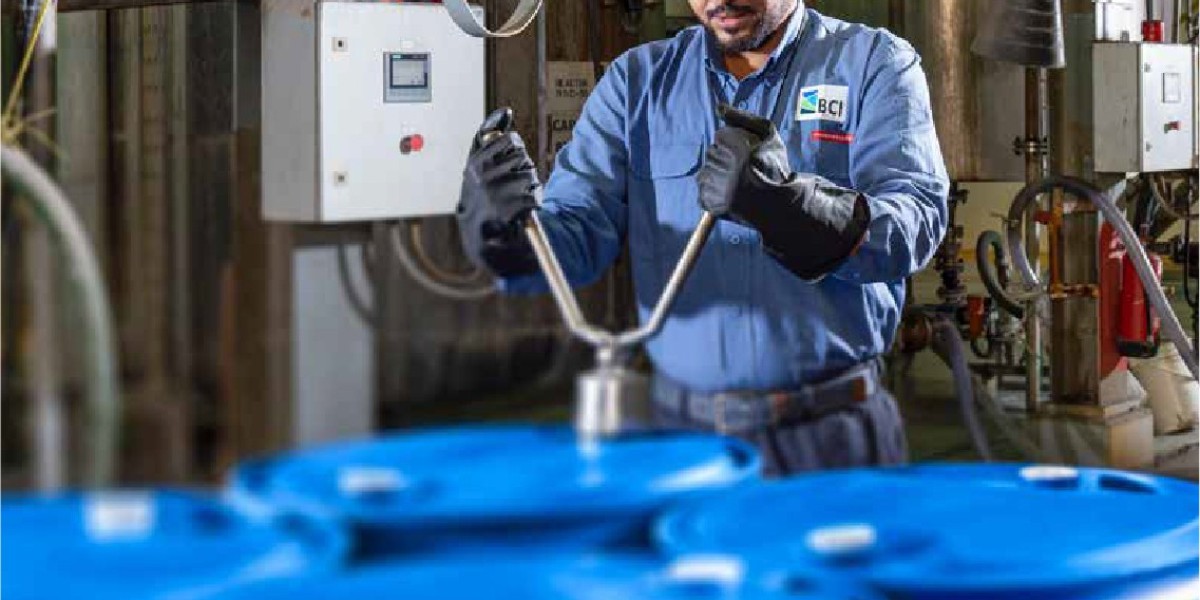The Rise of Chemical Contract Manufacturing
The demand for chemical contract manufacturing has surged in recent years, driven by the need for cost reduction, flexibility, and access to specialized expertise. Companies are increasingly recognizing the advantages of partnering with contract manufacturers to manage production, allowing them to focus on core competencies such as research and development, marketing, and customer service.
Outsourcing production to contract manufacturers provides numerous benefits, including:
- Cost Efficiency: Reducing the need for significant capital investment in equipment and facilities.
- Scalability: Offering the ability to scale production up or down based on demand.
- Expertise: Accessing specialized knowledge and cutting-edge technologies that may not be available in-house.
Technological Infusion in Chemical Contract Manufacturing
Technological advancements are playing a crucial role in enhancing the capabilities and efficiencies of chemical contract manufacturing. Here are some key technologies that are transforming the industry:
- Automation and Robotics: Automation is streamlining production processes, reducing human error, and increasing precision. Robotics are being used for tasks such as material handling, mixing, and packaging, improving safety and efficiency.
- Internet of Things (IoT): IoT devices are being integrated into manufacturing processes to collect real-time data, monitor equipment performance, and optimize operations. This data-driven approach enables predictive maintenance, reducing downtime and extending the lifespan of machinery.
- Advanced Analytics: Big data analytics are providing insights into production trends, quality control, and supply chain management. These insights help manufacturers make informed decisions, improve product quality, and enhance overall operational efficiency.
- Sustainable Practices: With growing emphasis on sustainability, contract manufacturers are adopting eco-friendly practices and green technologies. This includes the use of renewable energy sources, waste reduction techniques, and environmentally friendly raw materials.
Benefits to Various Industries
Chemical contract manufacturing is beneficial across a wide range of industries, including pharmaceuticals, agriculture, automotive, and consumer goods. Here’s how different sectors are leveraging contract manufacturing:
- Pharmaceuticals: Contract manufacturers help pharmaceutical companies bring new drugs to market faster by handling large-scale production and compliance with stringent regulatory requirements.
- Agriculture: The production of agrochemicals, such as fertilizers and pesticides, is optimized through contract manufacturing, ensuring high quality and consistency.
- Automotive: Specialty chemicals used in automotive applications, such as coatings and lubricants, are efficiently produced by contract manufacturers, meeting the industry's high standards.
- Consumer Goods: Personal care and household products benefit from the flexibility and innovation offered by contract manufacturers, allowing brands to quickly adapt to market trends and consumer demands.
The Future of Chemical Contract Manufacturing
The future of chemical contract manufacturing looks promising, with continued growth expected as more companies realize its benefits. Key trends likely to shape the future include:
- Increased Collaboration: Closer partnerships between companies and contract manufacturers will drive innovation and improve product development cycles.
- Digital Transformation: The adoption of digital technologies will further enhance efficiency, transparency, and quality in manufacturing processes.
- Sustainability Focus: The industry will continue to prioritize sustainable practices, driven by regulatory pressures and consumer demand for eco-friendly products.
In conclusion, chemical contract manufacturing is poised to play a pivotal role in the chemical industry's evolution. By embracing technological advancements and sustainable practices, contract manufacturers are not only meeting the current demands of various sectors but also paving the way for a more efficient, innovative, and environmentally conscious future. As businesses continue to navigate the complexities of the global market, chemical contract manufacturing stands out as a strategic approach to achieving success and growth.








